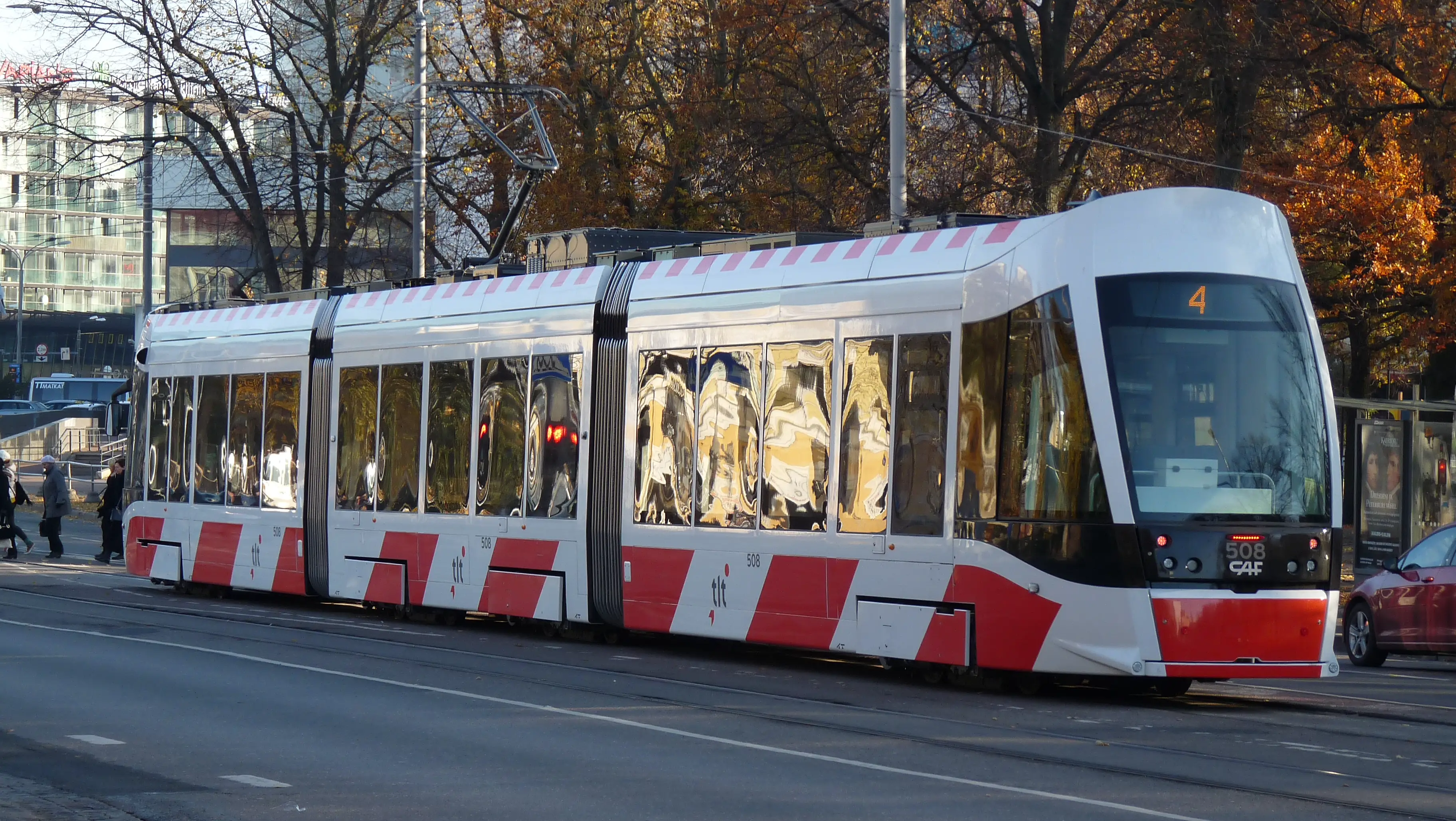Estonia To Create Largest 24/7 Free Public Transit Zone in the World
Tags: News

By Amanda Froelich Truth Theory
Should public transportation be free? Officials in the country of Estonia believe “yes,” which is why they are creating the largest 24/7 free public transit zone in the world. As CityLab reports, the area encompassing free transportation will stretch across the entire country. If people desire, they will be able to travel by bus from one end of the Baltic nation to the other — for free.
Estonia is home to approximately 1.3 million people. In 2013, authorities made all public transit in the nation’s capital, Tallinn, free to local residents (but not tourists or other visitors). Now, all state-run bus travel in rural municipalities will be free.
As HuffPost points out, there will be some limitations. Free journeys will be available for all Estonians using country buses, but not for trains. Furthermore, in Estonian cities outside of the capital, all passengers will have to pay to use all modes of public transit. Despite these limitations, Estonia’s transit system will still be the largest national free public transportation scheme in the world.
Reportedly, the goal is to help people on low incomes afford greater mobility. The plan will also benefit the environment. By cutting the number of cars on the road, the number of carbon emissions pumped into the atmosphere will decrease.
According to Allan Alaküla, head of the Tallinn European Union office and official spokesman for the city’s transit project, the plan will decrease congestion and pollution on the roads — as long as other initiatives are implemented. He said:
“We hope it gives people a reason to use their car less, or not use their car at all on working days. In Tallinn we have taken several measures to reduce car usage along with free public transport ― special bus lanes, more bike racks to encourage cycling, and we have also raised on-street parking fees and reduced parking places.”
“The price of public transport is seldom the reason car users switch over to public transport. If you make the car more expensive to use, that’s key to making an impact. But you also have to make public transport attractive. Having a good system requires a long-term commitment,” Alaküla concluded.
The Estonian government has committed an extra €13 million ($15 million) toward the initiative to cover the lost ticket revenue. While some remain skeptical, others, such as João Peschanski of the University of Wisconsin-Madison, believe the plan has merit.
“It makes sense to have free public transport paid for by taxation, as it’s beneficial for the whole of society, not only those who use public transportation,” said Peschanski. “It is an especially important idea in poor and more unequal societies, because without assistance for mobility, some people will be prevented from having access to resources ― to jobs, culture and leisure opportunities.”
What are your thoughts? Please comment below and share this news!
Image Credit: Wikimedia Commons
Leave Comment: